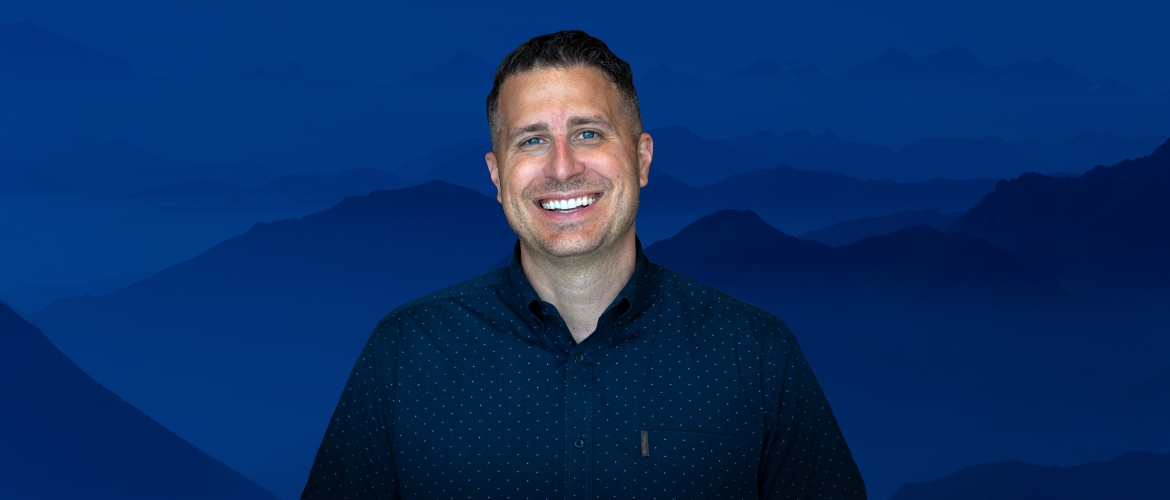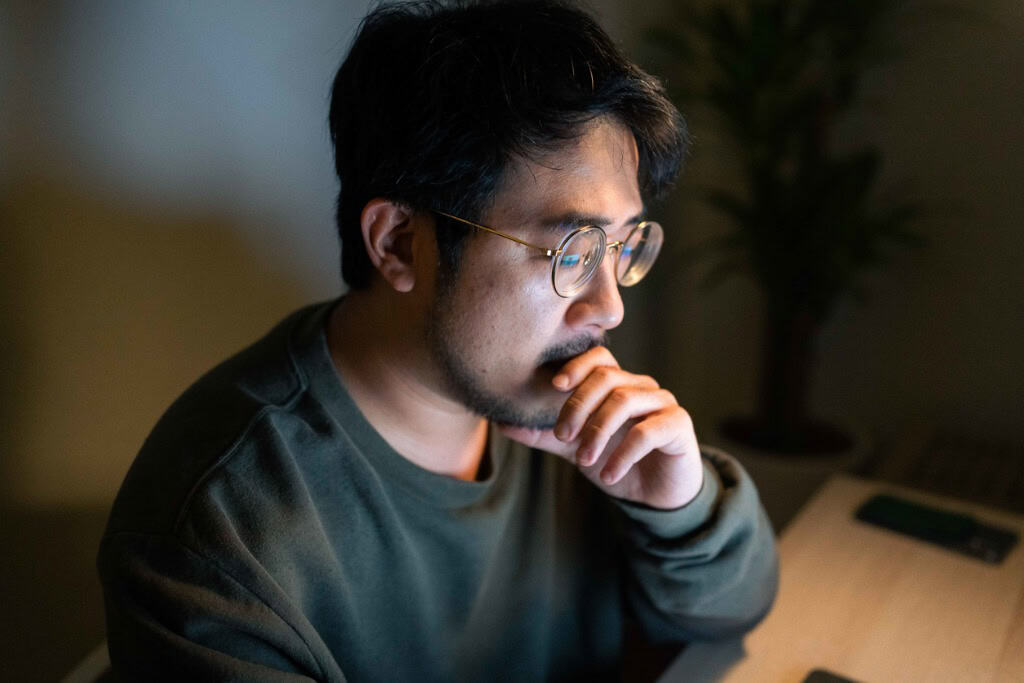As the first generation to grow up with ubiquitous internet access and smartphones, Gen-Z faces unique challenges and temptations when it comes to pornography. Our podcast team was recently joined by Pastor Jonathan Pokluda to discuss these problems, and how the church can address them.
Pastor JP’s Story
Jonathan Pokluda (JP) has a passion for addressing tough issues like pornography in the church. That passion was born out of his own struggles. Like many people, Jonathan became hooked on pornography as a young person, and it kept its grip on him for many years:
“I was raised in the church, was raised Catholic. Went to Baptist youth group. I was over-churched. I always called myself a Christian… [But] I was totally addicted to pornography.”
JP says that his struggle with pornography was more difficult to overcome than drugs and alcohol.
“I’ve wrestled with drugs: cocaine, ecstasy, I smoked weed every day of my life for a season, alcoholism. All of that is part of my journey. Nothing enslaved me like porn.”
Eventually, JP found freedom through the power of the Holy Spirit.
When Porn Watch Increases, Church Involvement Decreases
Sadly, for Gen-Z, porn has become a normal part of growing up. And like JP, many Gen-Z’ers find themselves trapped by porn from a young age. Unfortunately for churches, sociologists have found there’s a strong correlation between increased pornography use and decreased participation in church.1
“As church involvement goes down, pornography goes up. As pornography goes up, church attendance goes down.”
If churches don’t do something about this soon, JP says, they’re going to have a real crisis on their hands.
The Unique Challenges to Gen-Z
While people of all ages watch porn, the porn habits of Gen-Z show unique characteristics. Gen-Z craves things that are real and authentic, while “deep-fake” technology creates new ways to indulge in pornographic fantasies. JP says:
“I think for millennials, specifically as it relates to pornography, there was an obsession with porn stars… now it’s becoming more like ‘Hey I wanna see the person in my algebra class.’”
In other words, today’s youth may be less drawn to the air-brushed images of celebrities. But this doesn’t mean they’re watching less porn, it means pornification has become more personalized. They’re sharing sexual videos of themselves or their friends on TikTok. This increased pornification has a highly damaging effect on Gen-Z relationships, says JP:
“Gen-Z has trained their brain not to bond. For the porn addict, monogamy is going to be extremely difficult… When you grow addicted to someone counterfeit, you lose your taste for the real thing.”
(See Brain Chemicals and Porn: How Porn Affects Your Brain).
Practical Steps to Reach Gen-Z
“If you’re not reaching the future of the church, the church has no future,” says JP. But what can churches do? JP offers three practical steps.
First, James 5:16 says there’s a healing that only happens with confession and prayer. Even as a church leader from the pulpit, you have to model confession. Without a culture of confession, you can never address the challenge of pornography.
Second, stop tolerating porn. JP doesn’t mean you should push out Christians who struggle with porn. Just the opposite. JP says far too many Gen-Z’ers are resigned to an ongoing struggle with porn. We need to show them that victory is possible.
Third, it’s not enough to show them victory is possible, we need to equip them with practical steps and practical tools. JP challenges people to rethink how they use technology:
“You’re carrying a gateway to all kinds of pornography in your pocket. Would you make it difficult to access the thing that’s killing you? I’m surprised by how few spiritual leaders are having that conversation.”
Another practical tool is accountability software like Covenant Eyes. You can hear the rest of our conversation with JP here.
Samuel L. Perry and George M. Hayward, “Seeing is (Not) Believing: How Viewing Pornography Shapes Religious Lives of Young Americans,” National Center for Biotechnology Information, published online 10 Jan 2017, accessed 8 March 2022, https://www.ncbi.nlm.nih.gov/pmc/articles/PMC5439973/.










What are some steps to get better? Porn addiction has already destroyed my life. I’ve tried commiting suicide twice due to this. My brain seems dead, I can’t remember anything from even 10 seconds ago. I’m 23 and my generation is slipping very fast before we can climb. Please help
Hello, thank you for your comment. You are a valuable person created in the image of God, and your life has purpose and meaning! Porn cannot change that. Please do not hesitate to contact the suicide prevention hotline at 1-800-273-8255 if you feel this way. There are people who understand what you’re going through and care about you, and they can help. Please know that healing from the effects of pornography is also possible. Check out our article How to Quit Porn by Dr. Doug Weiss to get started: https://www.covenanteyes.com/2012/04/23/how-to-quit-porn-6-essential-steps/
We have many other resources as well: https://www.covenanteyes.com/e-books/
Blessings,
Keith